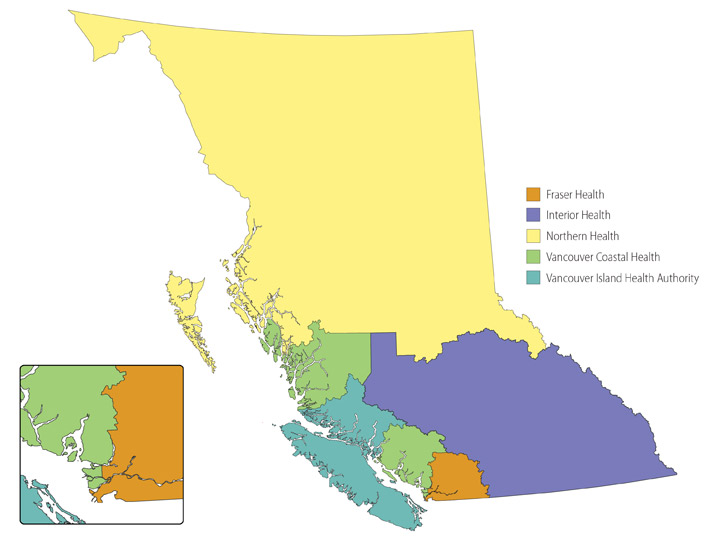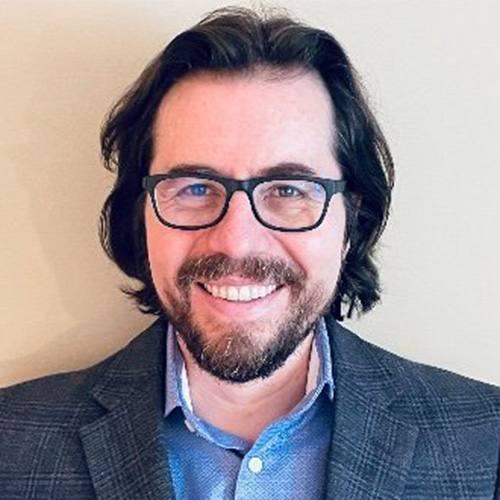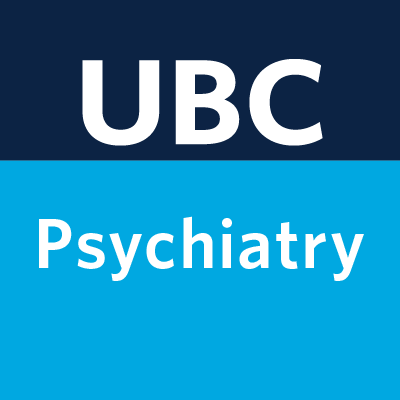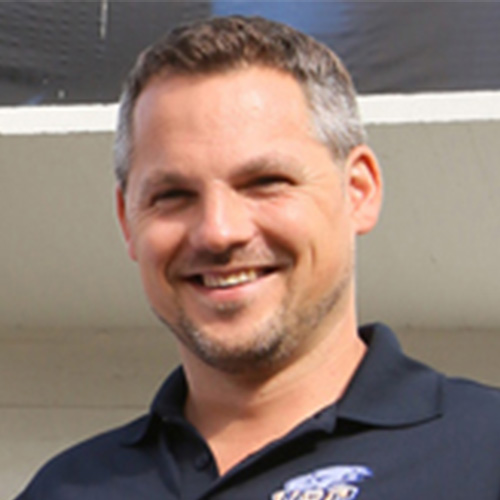
Departmental Sites
Clinical services, psychiatric training, and research are distributed in the five sites of the UBC Department of Psychiatry located within each of the health authorities of British Columbia. The administrative centre of the Department is located within the UBC Vancouver Campus.
At Fraser Health, Dr. Anson Koo is the Regional Department Head and Program Medical Director for Mental Health and Psychiatry.
At Interior Health, Regional Department Head and Medical Director for Mental Health and Psychiatry.
At Northern Health, Dr. Barbara Kane the Regional Department Head and Medical Director for Mental Health and Substance Use Services.
At Vancouver Coastal Health, Dr. Lakshmi Yatham, who is the UBC Psychiatry Department Head, is the Medical Director for Mental Health and Substance Use Services.
At Vancouver Island Health, Dr. Wei-Yi Song is the Regional Department Head and Executive Medical Director, of the Mental Health and Substance Use Services and the Mental Health Services for Children and Youth and Seniors.

Map of Health Authorities in British Columbia (source)
Departmental Divisions
Across sites, the UBC Department of Psychiatry is organized into 6 Divisions, each including specialist research groups and clinical programs:
Division of Child and Adolescent Psychiatry
Division Head: Dr. Roberto Sassi

The Division of Child and Adolescent Psychiatry is located mainly at BC Children’s Hospital and is the specialized provincial referral centre for tertiary and specialized mental health and addiction services delivered through sub-specialty outpatient clinics and four inpatient programs. It provides training to students and residents in paediatrics and psychiatry at UBC which includes a two-year CAP Subspecialty Residency Training Program. The Division has an active research program and also includes the Developmental Cognitive Neuroscience Lab and the Naturalistic Imaging Lab. The Division also accepts Clinical and Postgraduate Fellows – for further information please contact Dr. Natasha Gandham, MD, FRCPC
Programs:
Neurodevelopmental Disorders
Co-Heads:


Neurodevelopmental disorders, including Autism, Fetal Alcohol Spectrum Disorder, and Intellectual Disability, affect individuals across the spectrum of life. Members of the program focus research and clinical care on managing complex behavioural challenges and co-occurring psychiatric conditions, while working to reduce healthcare barriers through community engagement and advocacy. The team’s recent research has advanced understanding of aggression management and perioperative care strategies for this unique patient population.
Division of Forensic Psychiatry
Division Head: Dr. Emlene Murphy
The Division of Forensic Psychiatry offers educational placements in the subspecialty of forensic psychiatry through a one-year Forensic Subspecialty Residency Training Program. The Division also offers multiple research opportunities including the Nicholls Lab. The clinical services of the Division comprise inpatient and outpatient services for Adults and Youth and training in civil forensic psychiatry at private practice locations. Additionally, correctional psychiatry is provided in federal correctional facilities and in provincial correctional centres.
Division of Geriatric Psychiatry
Division Head: Dr. Ashok Krishnamoorthy

The Division of Geriatric Psychiatry provides education in the subspecialty of Geriatric Psychiatry for medical students and residents. This includes a two-year Geriatric Subspecialty Residency Training Program and fellowship opportunities for international medical graduates with funding. The Division also supports research and knowledge translation to further the quality of care for older adults in British Columbia. The clinical services of the Division comprise dedicated inpatient work and consultation in medical settings, ambulatory care in outpatient clinics and day hospitals, and outreach visits at patients’ places of residence.
Programs:
Consultation-Liaison Psychiatry
Co-Heads:


Working at the intersection of psychiatry and medicine, the program specializes in managing psychiatric symptoms that emerge during medical and surgical hospitalizations. The team provides expert consultation across affiliated hospitals while developing innovative approaches such as specialized delirium clinics and telepsychiatry services. Recent research initiatives have advanced understanding of crucial areas including ICU delirium, post-intensive care syndrome, and psychiatric care in HIV/AIDS and methamphetamine-associated conditions.
Division of Adult Psychiatry and Mental Health Services
Division Head: Dr. Randall White

The Division of Adult Psychiatry and Mental Health Services is committed to training students and residents in a wide range of psychiatric disorders and mental health conditions in adults. The faculty contribute to significant aspects of the undergraduate medical curriculum and the postgraduate academic program, and they provide clinical supervision in community, acute and tertiary mental health programs across the province. Along with faculty from other Divisions, leaders in the Adult Division organize the annual Pacific Psychopharmacology Conference, the department’s premier CPD event. The Division includes several specialized Programs that contribute to clinical care, education and research.
Programs:
Social and Cultural Psychiatry
Co-Heads:


Addressing the unique mental health needs of British Columbia’s diverse populations, including Indigenous peoples, refugees, and immigrant communities, this program integrates cultural expertise with psychiatric care. The team provides culturally-safe clinical services while developing innovative approaches to reduce barriers, improve access to mental health support and develop collaborative cultural consultation with community stakeholders. Through research and education, the program advances understanding of cultural resilience, wellbeing, and therapeutic adaptations, with particular attention to the needs of BIPOC populations.
Psychotherapy
Co-Heads:


The program oversees psychotherapy training for UBC’s psychiatry residents across British Columbia, ensuring excellence in postgraduate education and clinical supervision. Members conduct innovative research exploring the effectiveness of various therapeutic approaches, from psychodynamic to cognitive-behavioural interventions, in different treatment formats. Through continuing education events and specialized resources, the program advances psychotherapy practice across multiple disciplines and healthcare settings.
Reproductive Mental Health
Co-Heads:


The program provides specialized mental health care for women during pregnancy and the postpartum period, with psychiatrists collaborating across British Columbia’s health authorities. Members advance evidence-based treatments through complex case discussions and are working with BC Women’s Hospital leadership toward establishing the province’s first in-patient Stabilization Unit for women with perinatal mental health and substance use disorders. Research initiatives explore mindfulness interventions for new parents, medication decision-making in pregnancy, and long-term developmental outcomes in children.
Schizophrenia
Co-Heads:


Spanning early intervention to tertiary care, the program creates a collaborative network of clinicians and researchers specializing in psychosis and schizophrenia across British Columbia. The team advances evidence-based practices in pharmacotherapy and psychosocial interventions while maintaining a comprehensive research program in neuroimaging, genetics, and cognitive studies. A key initiative includes developing a participant database to connect individuals with novel treatments and interventions while supporting research advancement.
Division of Substance Use and Concurrent Disorders
Division Head: Dr. Christian Schütz

The Division of Substance Use and Concurrent Disorders leads the development of exemplary clinical services for individuals with problematic substance use and concurrent disorders, provides high-quality multidisciplinary education and training at undergraduate, graduate, postgraduate, and continuing education levels, and promotes integrated research and scholarly work in the areas of addiction and concurrent disorders. It includes the B.R.A.I.N. Lab and partners with the BC Centre for Substance Use and the BC Mental Health and Addictions Institute.
Division of Neuroscience and Translational Psychiatry
Division Head: Dr. Timothy Murphy

The Division of Neuroscience and Translational Psychiatry includes all the Basic Neuroscience and most of the Clinical Research Groups, CREST-BD and the specialist Mood Disorders Centre. Members of the Division conduct basic and translational research integrated with clinical studies directed at improving the biological understanding of mental disorders and the development and evaluation of therapeutic interventions. The Division is also committed to supporting the dissemination of new knowledge for the improvement of clinical care and to training the next generation of clinician scientists.
Programs:
Interventional Brain Medicine
Co-Heads:


Interventional Brain Medicine (IBM) is a neuroscience-rooted emerging subspecialty that uses neurotechnologies to therapeutically or diagnostically modulate neural tissue. These therapies include invasive and noninvasive procedures harnessing electrical, electromagnetic, ultrasonic, or photic energy. The IBM program at UBC is pioneering in research, advocacy, and education in Canada and internationally. Its activities include a fellowship program in IBM, an undergraduate course in Neuroscience Foundations of IBM, training of residents and medical students, and continuing medical education. The program hosts bimonthly accredited journal club sessions.
Mood and Anxiety
Co-Heads:


Spanning multiple health authorities across British Columbia, this program brings together expertise in mood and anxiety disorders through specialized clinical care and translational research. Based at the UBC Mood Disorders Centre, the team advances understanding of complex mood and anxiety conditions while supporting evidence-based treatment approaches. The program integrates clinical innovation with research to enhance care delivery across diverse practice settings, from private clinics to academic centers.
Neuropsychiatry
Co-Heads:



This provincial program provides specialized care for adults with brain illnesses that cause serious disturbances in behaviour, mood, and cognition, including conditions such as Parkinson’s disease, multiple sclerosis, and traumatic brain injury. Operating across multiple sites including hospitals in Vancouver, Delta, and Kamloops, the team delivers comprehensive inpatient and outpatient services enhanced by telehealth capabilities. Current research spans diverse areas including traumatic brain injury, treatment-resistant conditions, and innovative therapeutic interventions for complex neuropsychiatric disorders.
Sexual Medicine
Co-Heads:


Contact: sexmed@vch.ca
As Canada’s first sexual medicine program, established in 1974, this provincial service provides comprehensive assessment and treatment of sexual dysfunction through individual, couple, and group therapy approaches. The program offers specialized expertise in addressing sexual health concerns in the context of chronic illness, disability, and aging, while maintaining strong collaborations across medical specialties. The team’s internationally recognized research has advanced understanding of sexual pain disorders, desire disorders, and sexual rehabilitation, particularly in populations with complex medical conditions.
Department members are encouraged to participate in Programs aligned with their interests and expertise. Department members may join multiple Programs while designating one as their primary affiliation, allowing for collaboration across specialties while maintaining clear organizational alignment. Members interested in joining a Program are encouraged to reach out to the respective Co-Heads to learn more. To register for a program, please complete the PROGRAMS SIGN UP FORM.